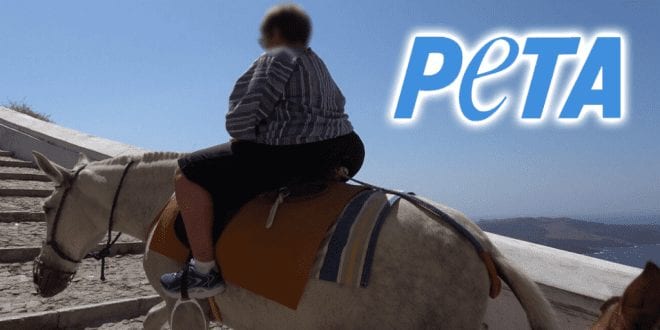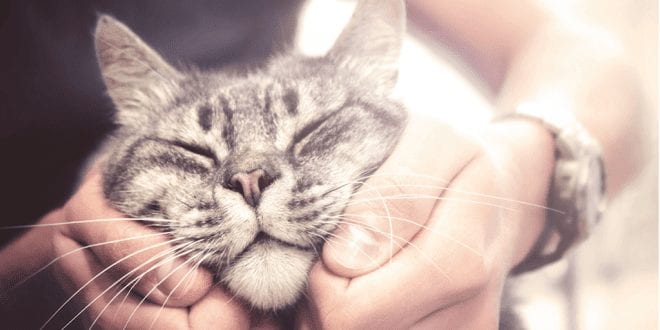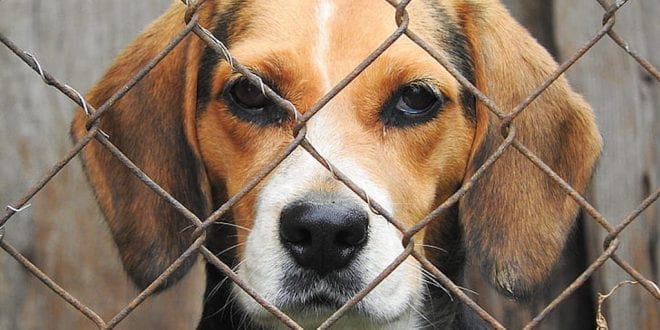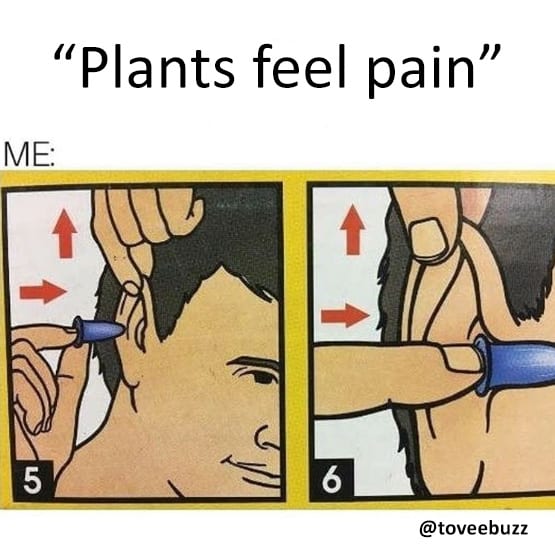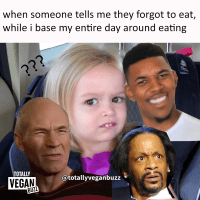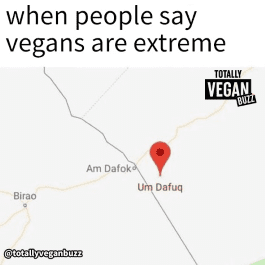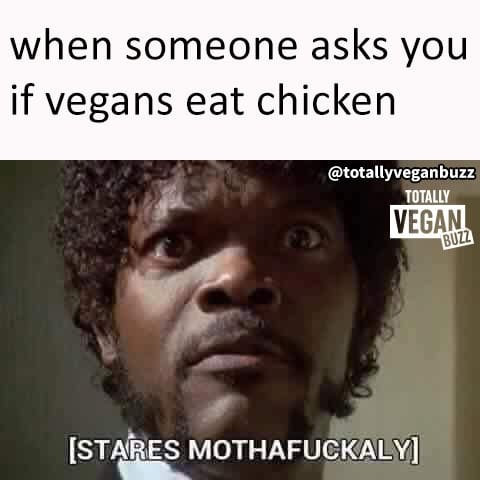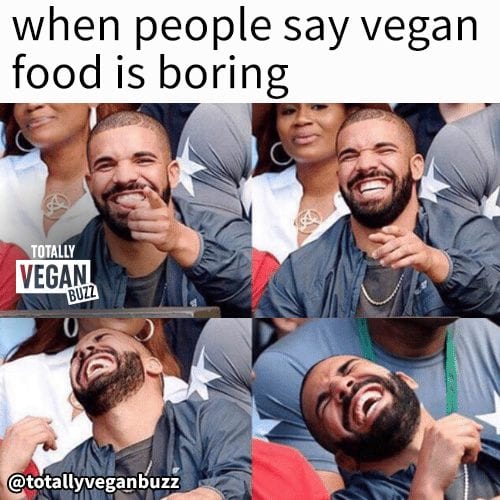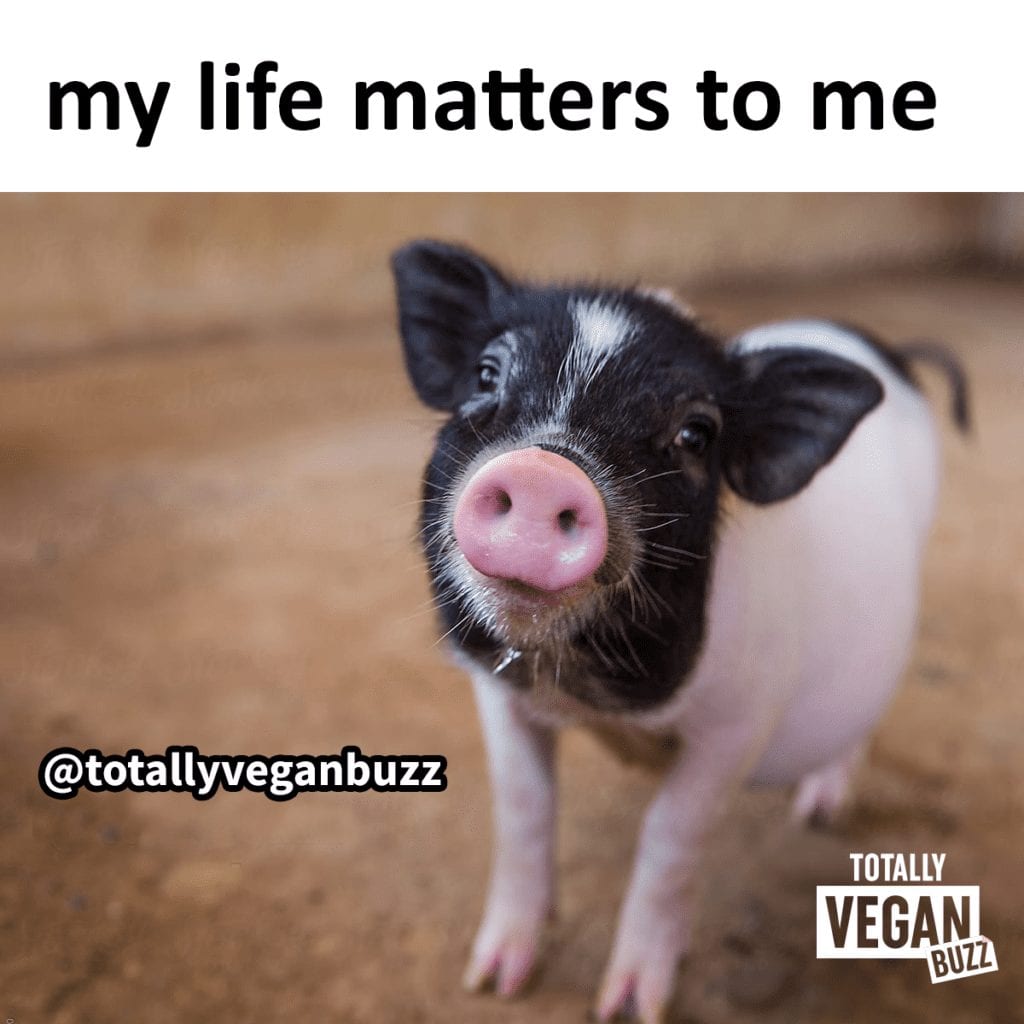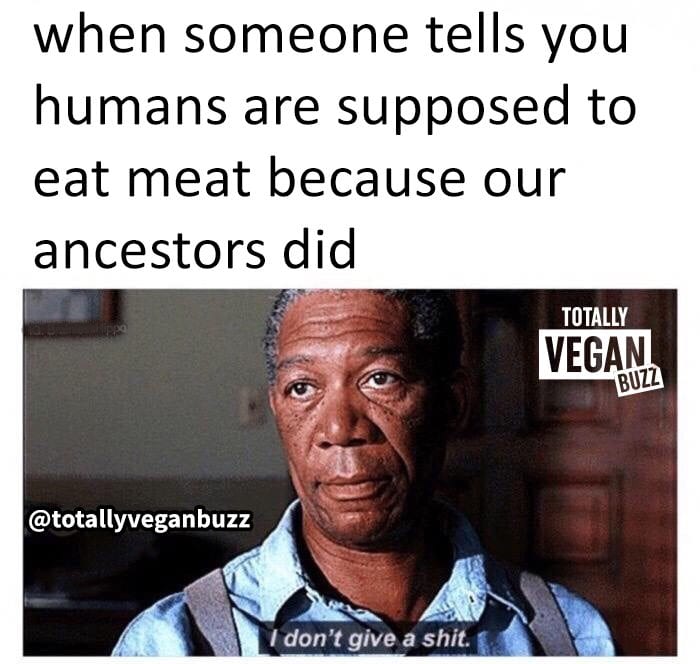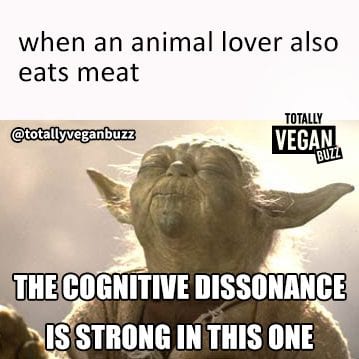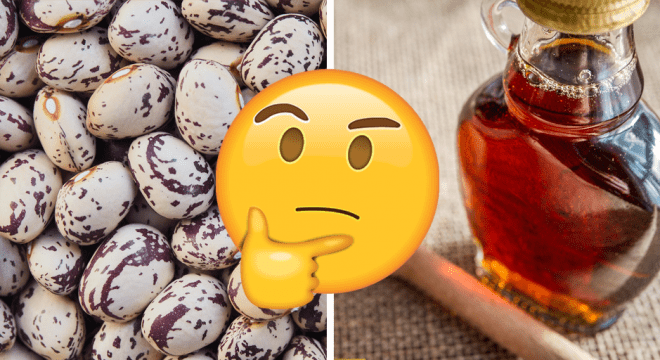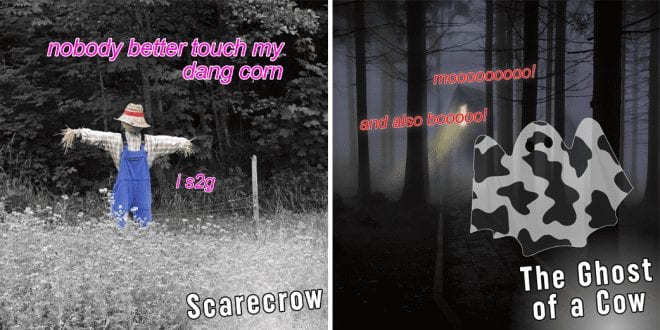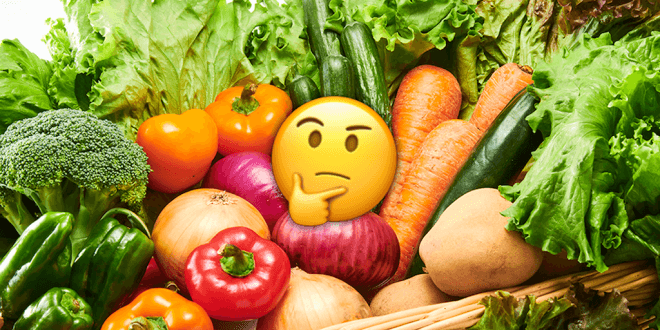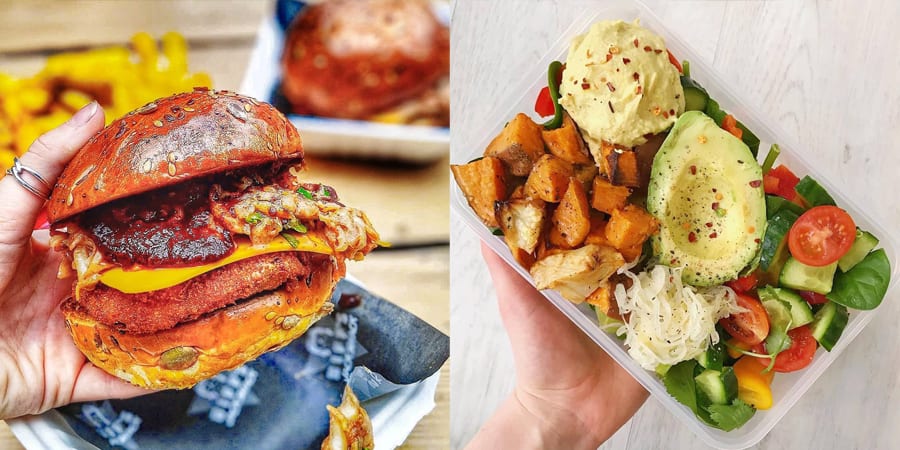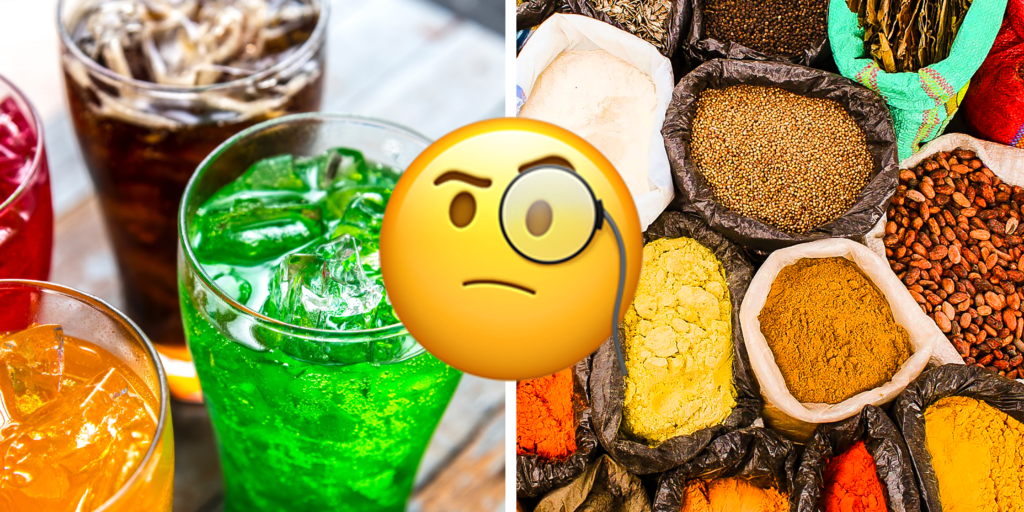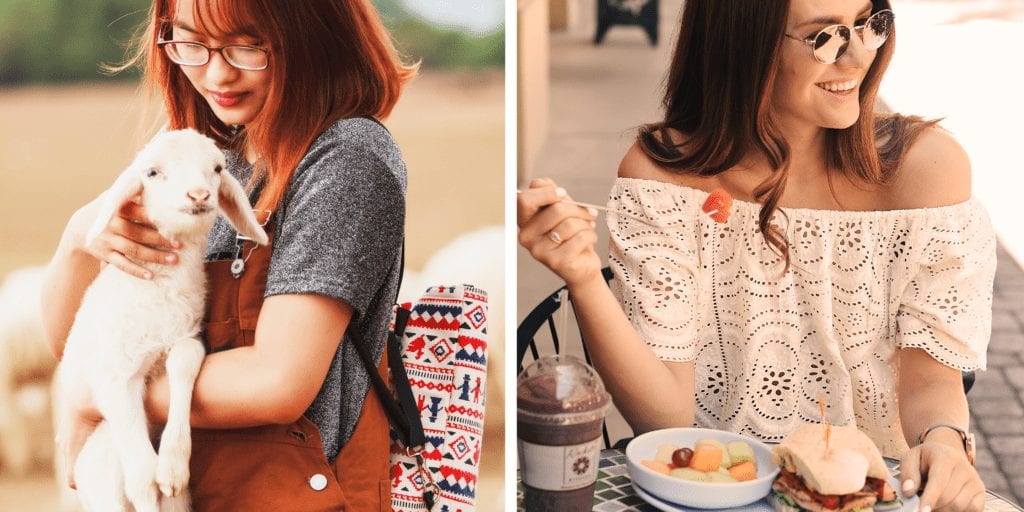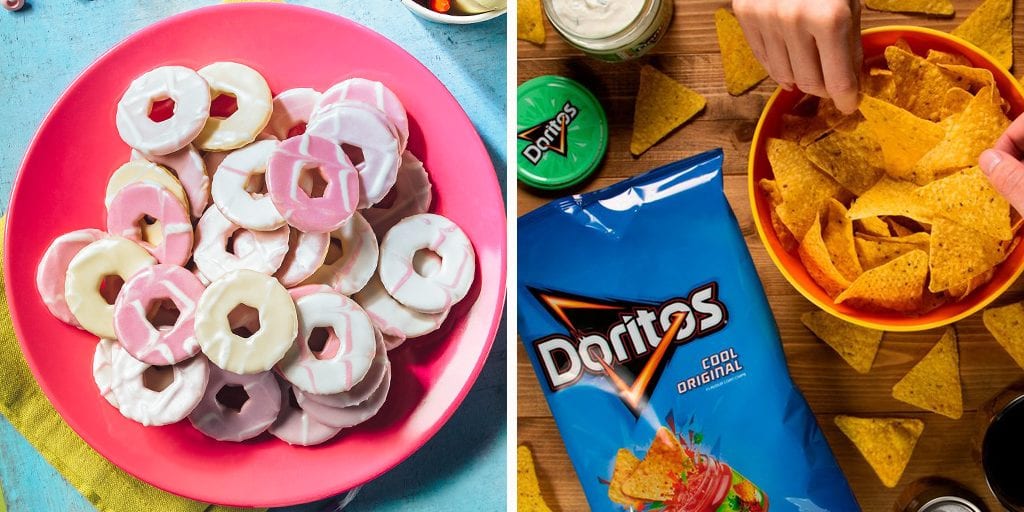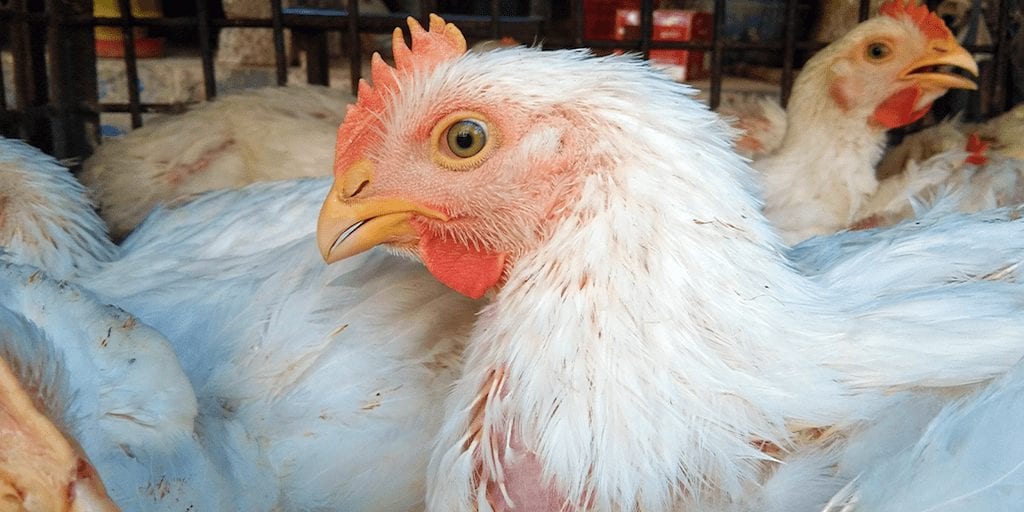
When it was announced that a new law – Prop 12 – would give animals unprecedented protections in the Californian farming industry, it was supposed to be a groundbreaking moment for animal rights. But as the law is gradually implemented many believe it doesn’t go far enough – and there’s a risk it could mislead customers into eating more meat and eggs.
In line with most of the world, until now chickens, pigs and cows in factory farms in California only needed to have enough space to turn around, lie down, stand up or extend their limbs.
Sounds pretty terrible, right? But when Prop 12 was passed last year, many were celebrating the ‘strongest animal protection legislation in the world’.
The idea was for egg-laying hens to be ‘cage-free’ by law by 2021. Prop 12 defines a minimum space requirement for hens, breeding pigs and calves raised for veal. It requires that, by 2019, hens had to have at least one square foot of floor space.
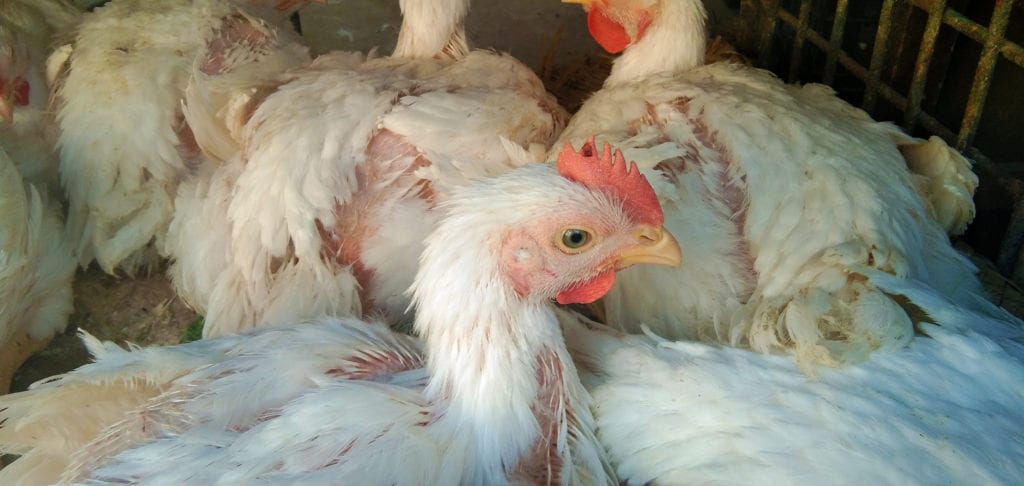
In addition in two years from now breeding pigs will need 24 square feet for their meat to be sold in California, and 43 square feet will be required for calves raised for veal.
By 2022, hens will also need to be placed in a cage-free housing system with at least a square foot of floor per hen, allowing them to move freely.
Cage-free?
Cage-free may sound great in a headline, but in reality hens could still be crammed together in very small areas.
Spumoni Egg Farm won’t need to change its setup as it already gives far more space than is required.
The owner wrote in an email to New Times: “While an indoor, densely packed confinement building with a square foot or so of personal space per laying hen is an improvement on the intensely constricting battery cages, it’s hardly a natural life for a bird
“We would much rather see species-specific needs and tendencies provided for, even in large-scale operations. Some of these would be exposure to sunshine, fresh air, soil, and dust bathing areas.”
Mislead
There are also concerns that the term cage-free may mislead consumers into thinking the birds are living a free, natural life, when in reality they are confined to warehouses.
Some people may even believe the law justifies them buying eggs from any provider on the assumption that animals are protected by law.
Happy Hen Animal Sanctuary Zoe Rosenberg does not think the new law will have much impact on animal welfare.
She told New Times in a statement: “In my view, as long as animals are being raised for profit, their comfort will never be a priority in the eyes of large corporations and farm owners.”
The Humane Society gathered signatures to qualify the legislation for ballot last year. It passed overwhelmingly, winning 61% of the vote.
While it was a huge victory and a sign of changing attitudes towards factory farming, it is vital that consumers understand the truth behind the lives of the animals at farms. Prop 12 does not guarantee fair treatment of animals, by a long shot.
What do you think of Prop 12? Does the legislation go far enough? Share your thoughts in the comments section below!
About The Author
Lifestyle
Vegan culture, food, beauty & more
Is Tobey Maguire vegan? Here’s what we know
- Mohsina Dodhiya
- 17th August 2023
Tobey Maguire often speaks about veganism and animal issues. Tobey Maguire, the actor best known for playing Spider-Man in the Sam Raimi trilogy, is a vegan. He has been a vegetarian since 1992 and became a vegan in 2009. A lifelong commitment to animal rights Maguire’s decision to go vegan was motivated by his love …
Continue reading “Is Tobey Maguire vegan? Here’s what we know”
Plant-based food jobs surge with 32% growth in just 3 months
- Mohsina Dodhiya
- 17th August 2023
The number of open jobs advertised in the plant-based industry increased by almost a third from April to July 2023, GlobalData reported. The plant-based food industry is booming, and this is reflected in the number of job openings in the sector. According to data from GlobalData, the number of open jobs advertised in the plant-based …
Continue reading “Plant-based food jobs surge with 32% growth in just 3 months”
VEGAN MEMES
NEED A LAUGH?
QUIZZES
All the quizzes you love to binge!
QUIZ: If you score 11/12 on this quiz, you’re a verified vegan food expert
- Marlon Farrugia
- 10th January 2020
How much vegan knowledge do you have stored away? Do you have to Google your way through a shopping trip, or do you have all the bad E-numbers memorised? Find out now with this quiz.
QUIZ: What is your perfect Vegan Halloween Costume?
- Marlon Farrugia
- 13th October 2019
Spook Season approaches. There will be ghosts, goblins, ghouls, and glucose. You need a costume, and you want to it to show off your personality, which means VEGAN. But what to choose? Take our quiz to find out your perfect outfit.
QUIZ: What kind of vegetable are you?
- Marlon Farrugia
- 26th September 2019
“If you were a vegetable, what kind would you be?” A question that has tormented humanity throughout the ages – until now. Read: QUIZ: If you score 19/20 on THIS quiz, you’re a Vegan God

